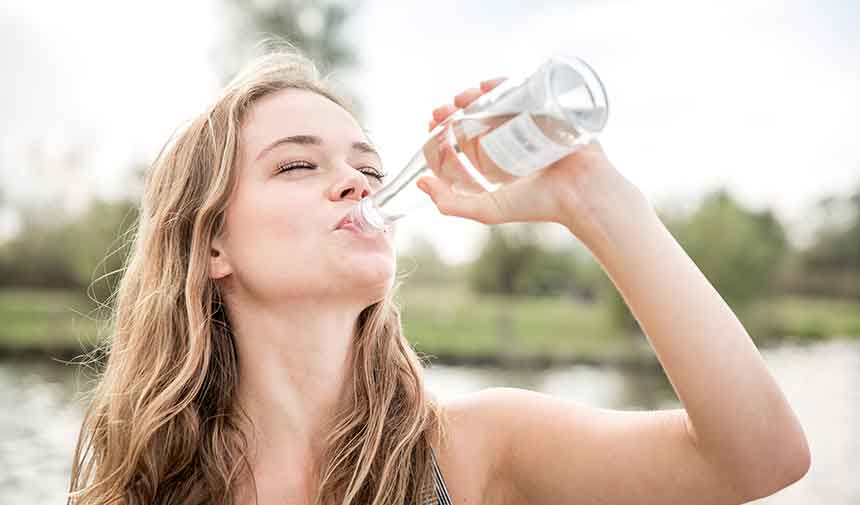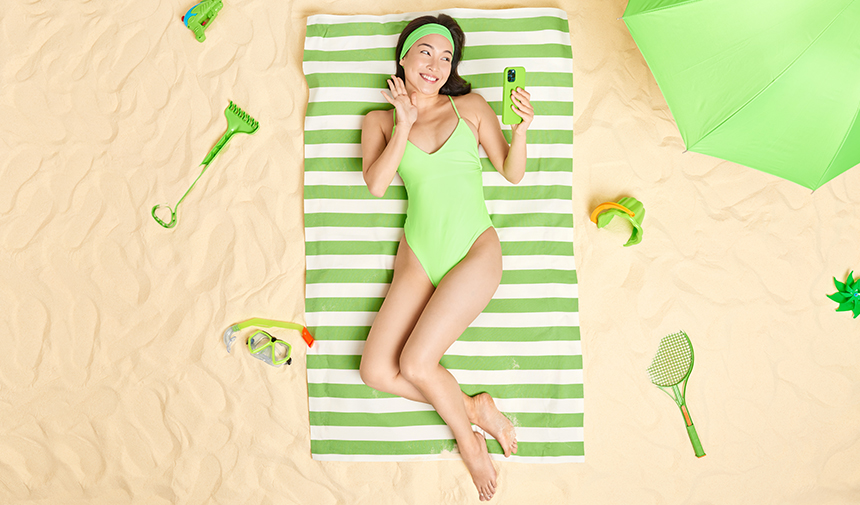Water consumption is vital on hot summer days. However, it is also important to know that water waiting in the heat carries various health risks. These risks are especially valid for water in plastic bottles. Water that sits in the sun for a long time can create a favourable environment for the growth of bacteria and increase the likelihood of chemicals getting into the water. Here are some of the health risks associated with hot water and how to protect yourself from them.
Bacterial Growth and Health Problems
Hot water, especially in sealed plastic bottles, creates an ideal environment for bacteria to multiply rapidly. These bacteria include pathogens such as Escherichia coli (E. coli) and Salmonella, which are especially common in hot weather. These bacteria multiply rapidly in water and can cause nausea, vomiting, diarrhoea and more serious health problems when consumed. Therefore, it is important to avoid consuming water that has been sitting in the sun.
Chemical Leaks and Toxic Substances
Plastic bottles can release chemicals into water under the influence of hot weather. Especially polyethylene terephthalate (PET) bottles increase the risk of harmful chemicals such as bisphenol A (BPA) and phthalates getting into the water as the temperature increases. These chemicals can disrupt hormone balance and may have cancer-causing effects in the long term. For this reason, it would be a healthier choice not to expose the water in plastic bottles to direct sunlight and to consume water in glass bottles if possible.
Taste and Odour Changes
Water waiting in the heat can undergo taste and odour changes due to chemical reactions and bacterial growth. The smell of plastic or a spoiled taste is an indication that the quality of the water has decreased. Consuming such water is both risky for health and may make it difficult to drink. Preferring clean and fresh sources in water consumption is the most effective way to avoid such problems.
Water Storage and Transport Methods
Safe storage and transport of water in hot weather is important to minimise health risks. Water bottles should be stored in a cool, shady place and kept out of direct sunlight. When carrying water in a vehicle or during outdoor activities, using thermos or insulated water containers ensures safe drinking by maintaining the temperature of the water.
Alternative Water Consumption Methods
For those who want to avoid consuming water in plastic bottles, several alternatives are available. Glass or stainless steel bottles eliminate the risk of chemical leaks and preserve the flavour of the water. In addition, using purified water at home and preferring reusable water bottles creates both an environmentally friendly and healthy habit.
Conclusion and Recommendations
In order to minimise the health risks of hot water, the following recommendations should be considered:
Keep plastic bottles out of direct sunlight.
Store water in cool and shady places.
Prefer to consume water in glass or stainless steel bottles.
Check the taste and smell of the water and do not consume if you notice any abnormal changes.
If possible, promote water consumption at home by using purified water and reusable bottles.
These measures ensure safe water consumption in hot weather and protect your health. Remember, water quality is vital to your health.



